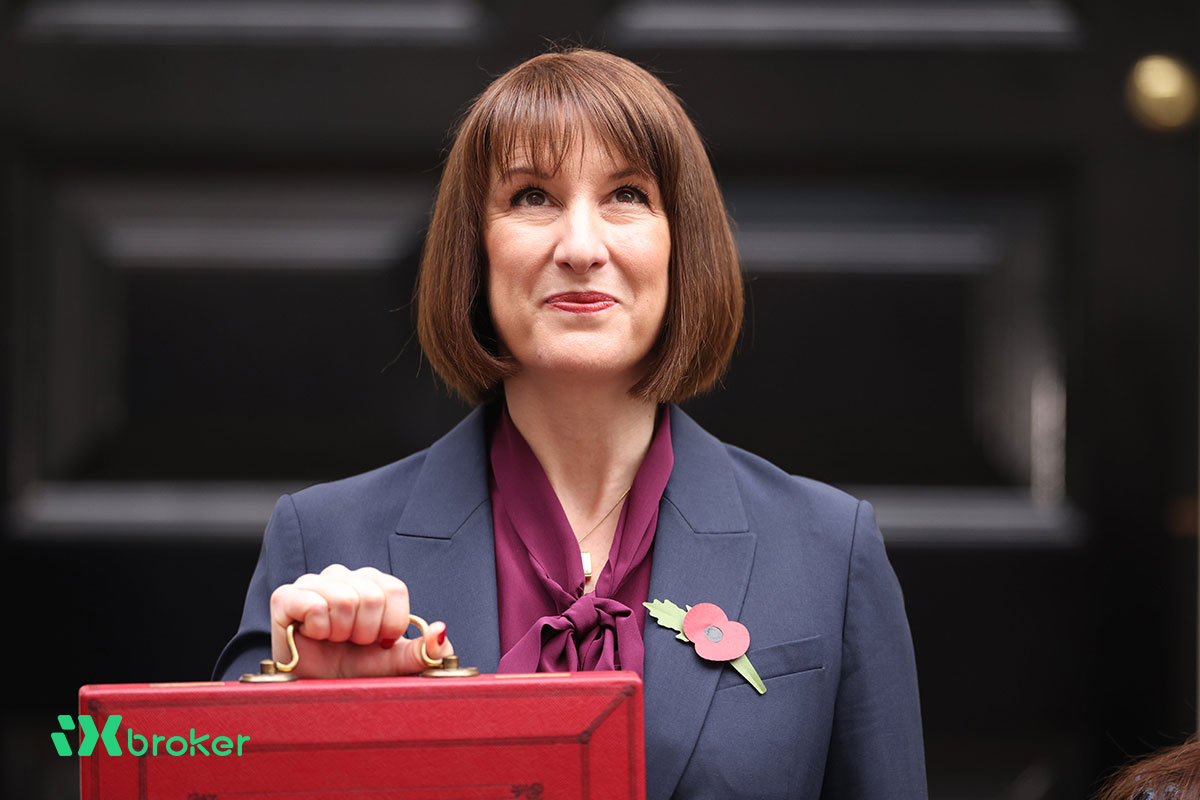U.K. Finance Minister Rachel Reeves said her upcoming November budget will address mounting global and domestic challenges while maintaining the government’s self-imposed fiscal discipline.
Speaking to CNBC’s Karen Tso on the sidelines of the IMF Annual Meetings in Washington, D.C., Reeves cited the Russia–Ukraine war, Middle East tensions, and rising global trade barriers as key headwinds confronting the British economy.
“The key thing for me as Chancellor is to be honest with people about the challenges we face,” Reeves said. “I will respond to those at the budget.”
Reeves is set to deliver her second Autumn Budget on November 26, as the U.K. grapples with sluggish growth, elevated inflation, and surging borrowing costs — with 30-year gilt yields remaining above 5%, the highest among G7 nations.
Fiscal rules under scrutiny
Since last year, Reeves has faced sustained political and market pressure to uphold her fiscal framework, which requires that day-to-day government spending be funded by tax revenues and that public debt fall as a share of GDP by 2029–30.
However, she hinted this week that meeting those targets may require breaking a previous manifesto pledge not to raise taxes for working people — a move that could prove politically costly.
Her other options, analysts note, include loosening fiscal rules or cutting public spending further, both of which would be unpopular amid a cost-of-living crisis.
Market reaction remains key
Reeves acknowledged that financial markets are closely watching the government’s fiscal stance. Earlier this year, when speculation emerged about her political future, bond yields spiked, underscoring investors’ preference for policy stability and adherence to fiscal discipline.
While declining to comment on recent market moves, Reeves reaffirmed her commitment to fiscal consolidation, saying:
“We know the deficit has been running too high for the last few years. As Chancellor, I’m determined to reduce borrowing costs, bring down debt, and ensure we have a growing economy based on fiscal responsibility.”
Growth and competitiveness priorities
Reeves emphasized that her fiscal strategy aims to maintain Britain’s competitiveness as a hub for investment and innovation. She reiterated her ambition to make the U.K. “the place to trade, to invest, and to grow,” calling for financial regulators to balance risk oversight with growth considerations.
The Chancellor’s focus on growth follows a difficult year marked by internal party resistance to welfare cuts and backlash against last year’s corporate tax increases, which businesses warned could hinder hiring and expansion.
With limited fiscal space and heightened global uncertainty, economists say Reeves’s November budget will be a key test of whether she can balance fiscal credibility with growth-oriented policy — without unsettling markets or voters.



